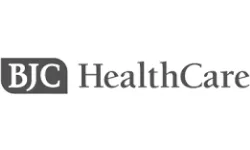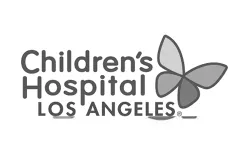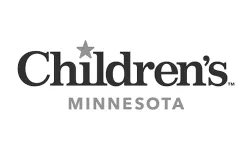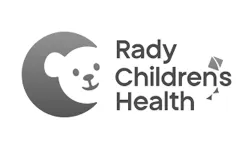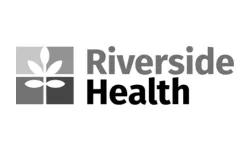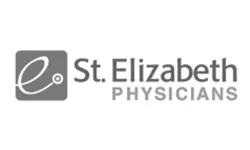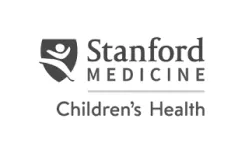For best symptom assessment: Start with validated protocols and use AI for search
One thing everyone in healthcare knows for certain: the field never stands still. It’s constantly evolving, innovating and optimizing. One of the most significant shifts we’re seeing today is the increasing integration of artificial intelligence (AI) throughout the patient journey. From decision-support and drug discovery to advanced diagnostics, AI is rapidly becoming a powerful ally for both providers and patients.
-3.png)
But while AI’s role continues to grow, assessing symptoms—especially in children—remains a uniquely complex and sensitive task. For parents, having a sick child is stressful enough. The last thing they need is to second-guess what to do next. This is where well-designed, time-tested decision support protocols can make a meaningful difference.
Imagine a symptom checker that offers parents accurate, trustworthy information and clear guidance on what to do and when to do it. These tools ease the burden of decision-making and instill confidence that they’re taking the right steps for their child’s health.
AI brings new levels of convenience and capability, and as our industry continues to find the best and safest uses, it’s the clinical foundation that matters most. Symptom checkers based on the Schmitt protocols—a gold standard in telephone triage — offer proven accuracy and safety. Refined over the past 40 years by medical experts, these protocols give digital tools the structure they need to deliver meaningful, reliable guidance, especially when paired with conversational, user-friendly interfaces.
So, where does AI fit into this experience? How do we leverage its strengths safely and effectively?
One powerful application is in enhancing search functionality—bridging the gap between a patient’s initial concern and selection of the most relevant symptom care guide. With more than 300 care guides now available, the symptom checker has become more comprehensive but also more scenarios to navigate. By analyzing and interpreting how users describe symptoms in their own words, AI can quickly surface the most relevant care paths. It streamlines the journey from “What’s wrong?” to actionable guidance—fast.
What makes this even more effective is that these care paths are grounded in clinically validated best practices. Our tool has been trained on tens of thousands of real-world nurse triage scenarios and further refined using a curated set of more than 10,000 keywords developed by our physician-author.
At the end of the day, it’s about empowering both patients and providers with the right information at the right time. AI undoubtedly has a growing role to play, but when innovation is paired with trusted clinical systems like the Schmitt protocols, the impact is even more profound. It leads to better patient routing, smarter resource utilization, and above all—peace of mind.
Other articles:
Looking for a smarter way to drive patient engagement? Our Symptom Checker acts as a clinical decision support tool that connects users to the right care at the right time. It integrates seamlessly with your scheduling, virtual visits, and in-person services, making it an ideal component of your digital front door strategy.



